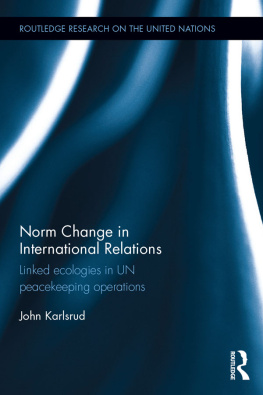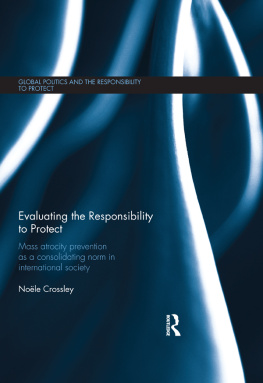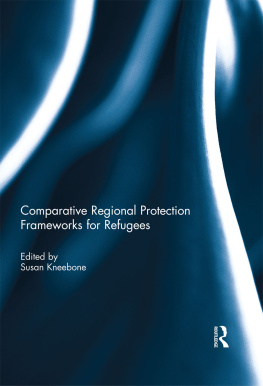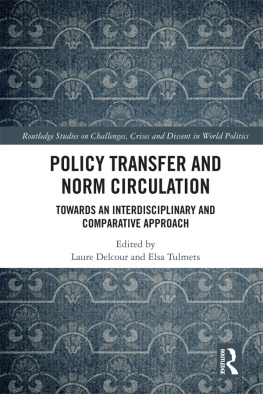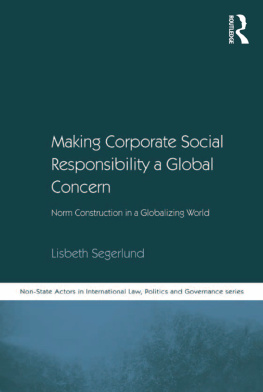ACIL | Amsterdam Center for International Law |
ACP | African, Caribbean and Pacific Group of States |
ATCA | Alien Tort Claims Act |
BCSD | Business Council for Sustainable Development |
BIAC | Business and Industry Advisory Committee |
BIT | bilateral investment treaties |
CEP | Committee for Environmental Protection |
CFC | chlorofluorocarbon |
CNPC | China National Petroleum Corporation |
COC | Code of Conduct |
COP | Communication on Progress |
CSR | corporate social responsibility |
DNA | Deoxyribonucleic Acid |
ECAFE | United Nations Economic Commission for Asia and the Far East |
ECOSOC | United Nations Economic and Social Council |
EU | European Union |
FCN | Friendship, Commerce and Navigation Treaties |
FDI | foreign direct investment |
FLO | Fairtrade Labelling Organization International |
FTA | free trade agreement |
GAL | global administrative law |
GDP | Gross Domestic Product |
IC | investment committee |
ICC | International Chamber of Commerce |
ICJ | International Court of Justice |
ICRC | International Committee of the Red Cross |
ICSID | Convention on the Settlement on Investment Disputes between States and Nationals of Other States |
ICTY | International Criminal Tribunal for the Former Yugoslavia |
IGO | intergovernmental organization |
IIA | international investment agreement |
IL | international law |
ILA | International Law Association |
ILC | International Law Commission |
ILO | International Labour Organization |
ILP | international legal personality |
IMO | International Maritime Organization |
IR | international relations |
IRoL | international rule of law |
ITA | international trade agreement |
KP | Kimberley Process |
MAI | Multilateral Agreement on Investment |
MEA | Multilateral Environmental Agreement |
MNC | multinational corporation |
MNE | multinational enterprise |
NAFTA | North American Free Trade Agreement |
NCP | national contact point |
NGO | non-governmental organization |
NIEO | new international economic order |
NIOC | National Iranian Oil Company |
NSA | non-state actor |
OAU | Organization of African Unity |
OECD | Organization for Economic Co-operation and Development |
OEEC | Organization for European Economic Co-operation |
PDVSA | Petrleos de Venezuela, S.A. [Petroleums of Venezuela] |
RoL | rule of law |
RSA | Republic of South Africa |
SG | Secretary-General of the United Nations |
SRSG | Special Representative of the Secretary-General [of the United Nations] |
TNC | transnational corporations |
TUAC | Trade Union Advisory Committee |
UN | United Nations |
UNCED | United Nations Conference on Environment and Development |
UNCLOS | United Nations Convention on the Law of the Sea |
UNCTAD | United Nations Conference on Trade and Development |
UNCTC | United Nations Centre for Transnational Corporations |
UNDP | United Nations Development Programme |
UNGA | United Nations General Assembly |
UNRISD | United Nations Research Institute for Social Development |
UNSC | United Nations Security Council |
US | United States of America |
WSSD | World Summit on Sustainable Development |
WTO | World Trade Organization |
WWII | World War II |
The difference between those who make the law, those who determine and enforce the law and those who take the law is generally considered to be a formal distinction, which is exclusively determined by the constitutional characteristics of the legal system in question. As a rule, law-takers outnumber law-makers. The international legal system has been the traditional exception to that rule: states were at the same time the exclusive law-makers and law-takers in an exact ratio of 1:1.
With the definitive and recognized breakthrough of entities, which are not nation-states at the international plane, the state has lost its exclusive position as law-taker. Fragmented sets of international rights and obligations have been attributed to a most diverse cluster of non-state actors (NSAs). The label non-state actor can hardly be considered to constitute a term of art because it includes such wide range of identifiable organizations as non-governmental organizations (NGOs) (Weiss 1999, Charnovitz 2006), multinational enterprises (MNEs) (Kokkini-Iatridou 1983, Muchlinski 1999), national liberation armies (Wilson 1988) and intergovernmental organizations (IGOs) (Huntington 1973), as well as more amorphous groupings such as armed NSAs (Zegveld 2002, Chesterman 2006), indigenous peoples (Howitt 1996), criminal and terrorist organizations (Alexander 2001) and social movements (Keck 1989). The list of NSAs is in contrast to the list of states simple inexhaustible. What is more, each typography of non-state actor contains a specific sub-categorization, which makes it even more difficult to understand and explain every single NSA under one single heading, be it from a legal, political or social disciplinary perspective (Noortmann 2001, Reinalda 2001, Schneckener 2006).
That fragmentation, however, does not undermine the observation that NSAs have, as a category, acquired enforceable and less enforceable international legal entitlements and what is perhaps more important it does not determine the general consensus, that NSAs (of whatever nature) should be subjected to regimes of global responsibility and accountability. The International Law Commissions (ILC) conclusion that the topic responsibility of international organizations That the ILCs work on the responsibility of international organizations is only the beginning of a long set of reports on the responsibility of different kind of NSAs is evidenced by the recent appointment of Prof. John Ruggie as the UN Secretary Generals Special Representative on Business and Human Rights.






